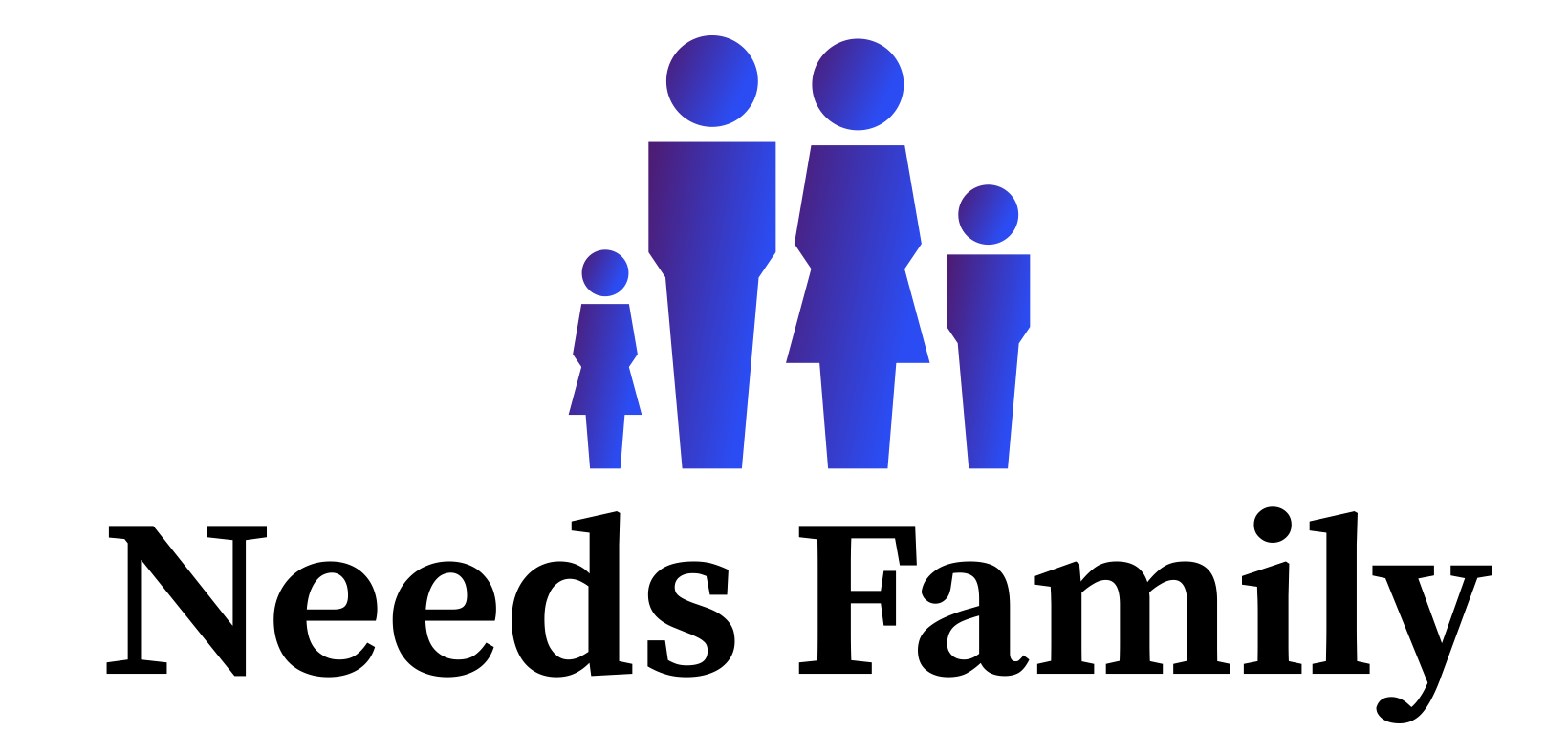A key component of human contact is communication, which links us to the outside world and individuals around us. However, due to speech and language issues, communication can be difficult and stressful for some people. Herein lies the crucial contribution of speech pathology. Speech therapists and speech pathologists are highly qualified medical specialists who focus on identifying and treating communication issues. In this article, we’ll examine the critical function of speech pathology in boosting speech and language abilities in people of all ages and releasing the power of communication.
Speech pathology: What is it?
With an emphasis on the evaluation, diagnosis, and treatment of speech, language, voice, and fluency impairments, speech pathology is a specialised area of medicine. Individuals who struggle with articulation, voice production, language comprehension, expression, and other communication issues are treated by speech therapists. They have experience working with people of all ages, from babies to seniors, because communication difficulties can occur at any age.
Identification of Communication difficulties Speech therapists are essential in the recognition and diagnosis of communication difficulties. They examine voice quality, fluency, and speech using a variety of testing tools and methods. Speech pathologists can identify the precise areas of difficulty and design interventions accordingly by conducting detailed examinations.
Customised Treatment Plans: Following the diagnosis of a communication impairment, speech pathologists create specialised treatment programmes that are suited to each patient’s particular requirements and objectives. These programmes frequently include a mix of fluency training, voice therapy, language exercises, and speech therapy. Additionally, speech therapists offer methods for enhancing everyday communication, which promotes increased self-assurance and independence.
Early Intervention for Children: Early intervention by speech therapists is essential for kids with speech and language delays or impairments. Early detection and intervention can greatly enhance a child’s communication abilities, preventing future social and scholastic difficulties. To foster a collaborative and encouraging environment for the child’s growth and development, speech pathologists work together with families, educators, and other specialists.
Improving Articulation and Pronunciation: Effective communication depends on clear articulation and pronunciation. Speech therapists are dedicated to assisting people who struggle with speech sound abnormalities generate sounds appropriately and enhance overall understandability. Since it can improve academic performance and social connections, this intervention is especially important for kids with articulation issues.
Language development is a complicated process that involves both expression and comprehension. Speech therapists help people with language difficulties understand spoken and written language better as well as improve their capacity for clear thought and idea expression.
Speech therapists offer voice treatment to those with voice abnormalities to help with problems like hoarseness, breathiness, and vocal strain. Exercises and methods for promoting vocal health and quality are used in voice therapy.
Stuttering is a frequent fluency condition that impairs speech flow. Fluency training can help. Individuals with stuttering or other fluency issues receive fluency training from speech therapists, who provide them tools to boost their fluency and confidence in speaking.
Supporting Adults with Communication Disorders: Speech therapists work with adults who may have a communication disorder that they have developed as a result of a stroke, traumatic brain injury, or other medical illnesses. Speech pathologists assist adults in regaining and enhancing their communication abilities through therapy and rehabilitation, allowing them to reintegrate into both their personal and professional lives.
In conclusion, speech pathology is crucial in helping people of all ages improve their speech and language skills and realise the power of communication. Speech pathologists offer individualised and evidence-based interventions that promote increased confidence and independence in communication thanks to their experience in diagnosing and treating communication issues. Speech pathologists are dedicated professionals who are dedicated to empowering people to communicate effectively and confidently in all facets of life, whether they are working with children to develop language skills, assisting adults recover from speech and language difficulties after an injury, or supporting people with voice or fluency disorders.
